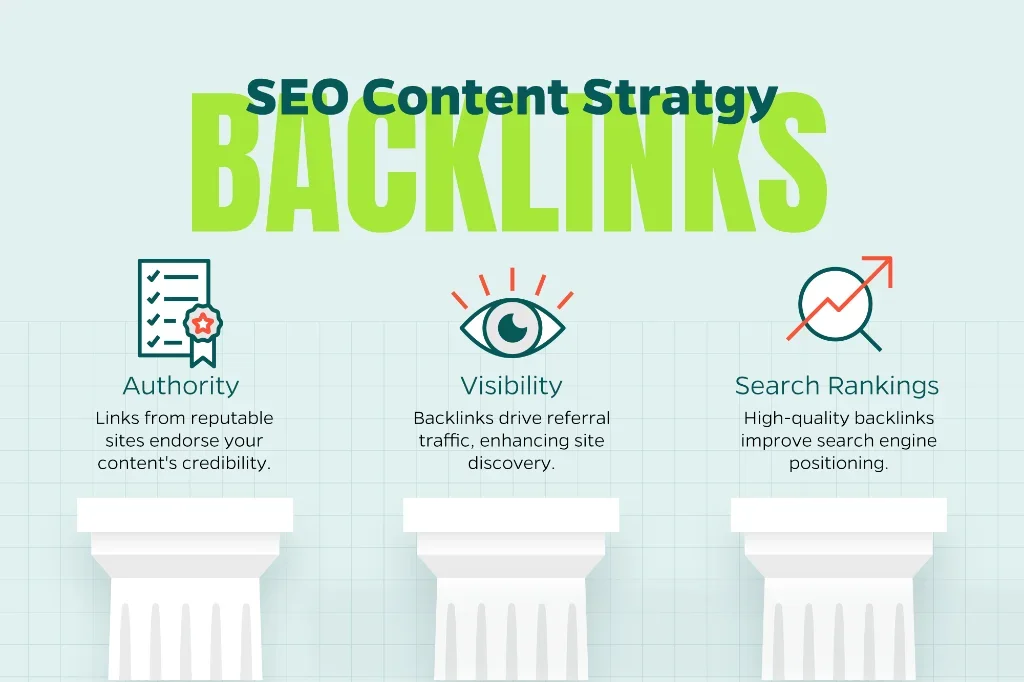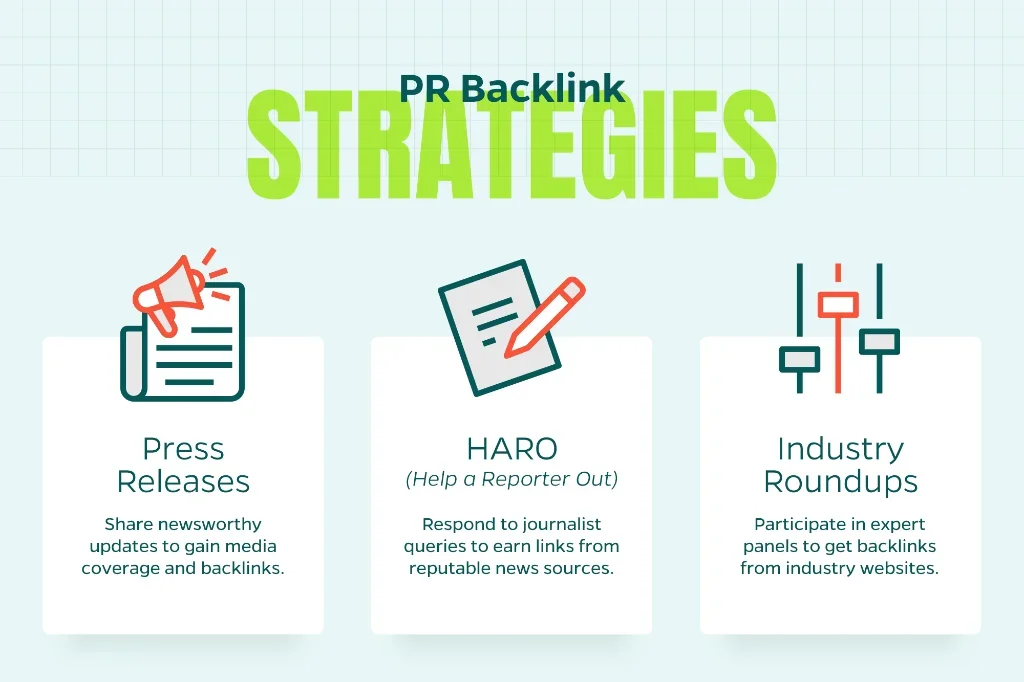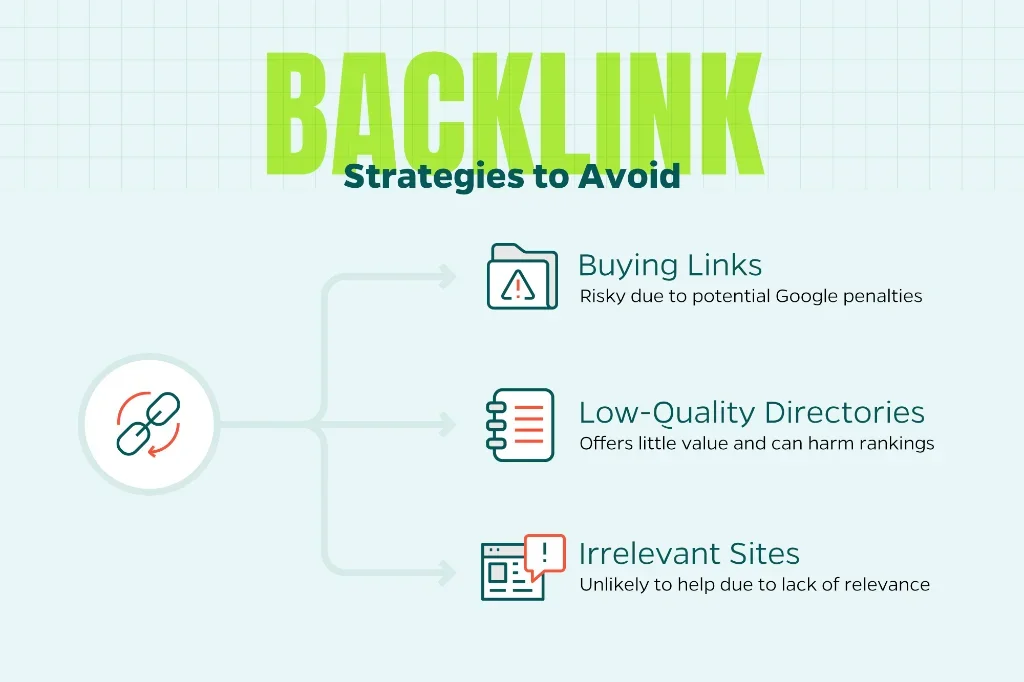If you’ve spent time in marketing, chances are you’ve heard well-meaning SEO strategists raving about backlinks. That’s because backlinks are like the internet’s currency. They signal to search engines that other websites consider your content credible and worth referencing. The more high-quality backlinks you earn, the stronger your site’s authority and visibility in search engine results.
But backlinks aren’t something you can buy, trade, or force—at least not if you’re aiming for long-term success. The most valuable backlinks are earned. So how do you do that in a way that’s both effective and ethical? Let’s break it down.
What is a Backlink?
A backlink is simply a hyperlink from one website to another. When another site links to yours, it’s essentially vouching for your content—saying, “this is worth checking out.” Search engines like Google interpret these links as signals of trust and authority. The more high-quality backlinks your site earns, the more likely it is to rank higher in search results.
Not all backlinks are created equal, though. Links from well-established, relevant websites carry far more weight than those from obscure or unrelated sources. That’s why earning backlinks from respected publications, industry blogs, or trusted directories can significantly boost your site’s visibility and credibility.
Why Backlinks Matter
Before diving into strategies, it’s important to understand why backlinks are such a powerful part of SEO.
- Authority: A link from a reputable site serves as a public endorsement of your content.
- Visibility: Backlinks drive referral traffic. People discover your site not just through search engines, but through trusted sources in your niche.
- Search Rankings: Google continues to rely heavily on backlinks as a ranking factor. A few high-quality links can significantly improve your position in search results.

The operative word here is quality. Ten links from low-value directories won’t help much, but one link from a respected industry publication can make a real impact.
Proven Ways to Earn Backlinks
1. Create Content People Want to Share
It sounds simple, but it’s often overlooked. Ask yourself: would another site genuinely want to reference this content? If not, it’s time to rethink your approach.
Content formats that naturally attract backlinks include:
- Original research and data (surveys, case studies, industry reports).
- In-depth guides and how-to articles.
- Infographics and visual explainers.
- Tools or calculators that simplify a process.
Example: A software company publishes an annual “State of the Industry” report with proprietary data. Journalists and bloggers covering the topic link to it as a credible source.
2. Guest Posting—Done Right
Guest posting remains a viable strategy when approached with integrity. The goal isn’t to sneak in backlinks—it’s to contribute meaningful content to another site’s audience.
- Target reputable, relevant publications in your industry.
- Share unique insights, practical advice, or case studies.
- Include a natural backlink—typically in your author bio or where it fits organically within the content.
Think of guest posting as a partnership: the host site gets valuable content, and you gain exposure and a quality backlink.
3. Use PR and Digital Outreach
Sometimes, earning backlinks is less about content creation and more about strategic outreach.
- Press releases: Share newsworthy updates like product launches or partnerships.
- HARO (Help a Reporter Out): Respond to journalist queries with expert insights—they’ll often include a link.
- Industry roundups: Contribute to expert panels or commentary pieces that link back to your site.

Digital PR works best when it’s consistent. Don’t wait for a major announcement—build relationships and stay visible.
4. Reclaim Lost or Broken Links
Not every backlink opportunity requires new content. Some of the easiest wins come from fixing what’s already out there.
- Use tools like Ahrefs, BrightEdge, or SEMrush to identify broken links pointing to your site. After discovering the broken links, reach out and request the other site fix them.
- Look for unlinked brand mentions—instances where your company is referenced but not linked. A polite request can often turn those mentions into backlinks.
These are low-effort, high-impact tactics that are often overlooked.
5. Build Strategic Partnerships
Backlinks often grow out of genuine business relationships. Think beyond SEO and tap into your professional network.
- Co-author content with clients or partners.
- Sponsor industry events and get listed on their websites.
- Share resources—like tools, templates, or case studies—that naturally include a link.
The key is authenticity. When collaboration is real, backlinks tend to follow organically.
Backlink Pitfalls to Avoid
Not all backlink strategies are created equal. Here are a few pitfalls to avoid:
- Buying links: It may seem like a shortcut, but it’s risky. Google penalties can be severe.
- Low-quality directories: These offer little value and can even hurt your rankings.
- Irrelevant sites: If the link doesn’t relate to your industry or audience, it’s unlikely to help.

Stick to tactics that build credibility and align with your brand’s reputation.
Final Thoughts: Backlinks Are Earned, Not Engineered
The most effective backlink strategy is rooted in one principle: be genuinely useful. When you create content worth sharing, build real relationships, and stay active in your industry, backlinks become a natural byproduct.
SEO isn’t just about appeasing algorithms—it’s about earning trust. And backlinks, when earned the right way, are one of the strongest signals of that trust. Want to learn more? Reach out to Straight North to see how we can help.








